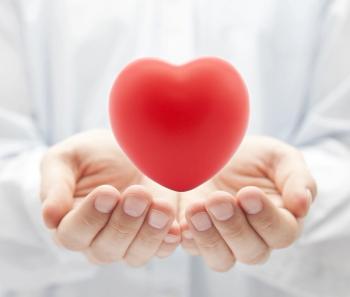
Sociodemographic factors affect some survivors who may not have easy access to health care or healthy food, reducing their health-related quality of life.

Sociodemographic factors affect some survivors who may not have easy access to health care or healthy food, reducing their health-related quality of life.

Looking back on my experience with testicular cancer at a young age, I realize that cancer didn't define me — it helped shape me.
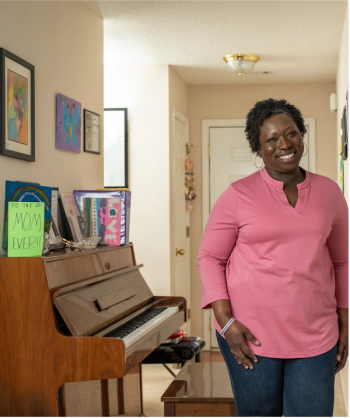
Mental health after cancer treatment has not been talked about enough, experts say, so how should survivors effectively care for their minds?
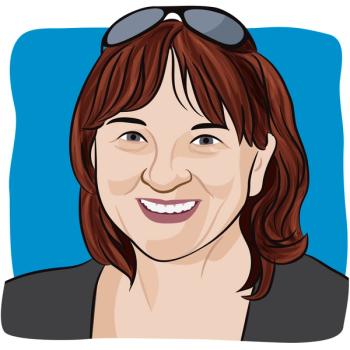
Accepting the unknown and understanding why random things happen helps me be hopeful as my daughter reached five years of cancer survivorship.
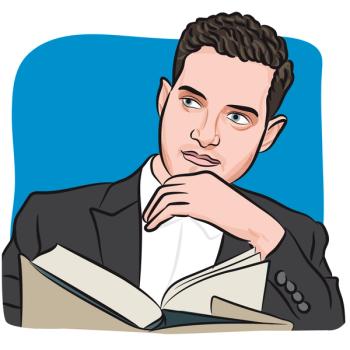
It’s not just toughing out the side effects from cancer treatment.
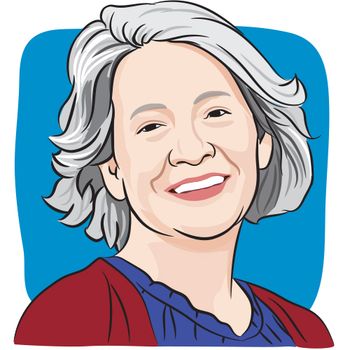
After a while, I stopped caring about wearing a mastectomy bra and did was what comfortable to me: wearing a regular bra.

Survivors who were more physically active may experience less pain than survivors who were not as physically active, research found.
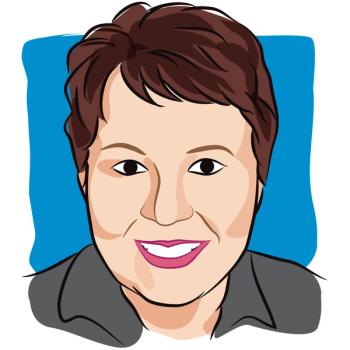
After cancer, I finally went on a cruise and allowed myself to fight through my fears, which felt so freeing.
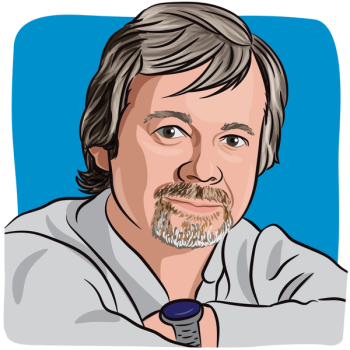
I lived by Nike's motto, "Just do it!" and worked to gain my muscle back after cancer.
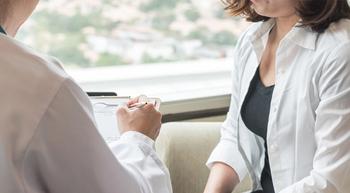
As a survivor, Karen Gartland found that a mind-body program was helpful, as it taught her useful techniques for when her health anxiety spikes.

After a recent fiasco while trying to order prostheses and bras, I have an important question I’d like answered.
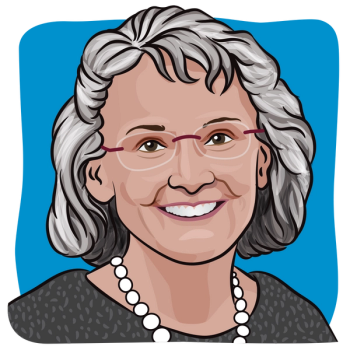
After cancer and becoming an empty nester, I thought I would be lost. But now, I'm finding purpose and following my dreams.
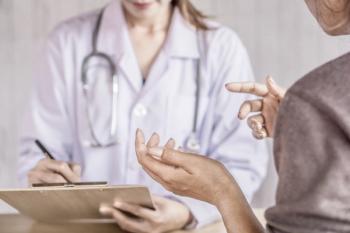
Cancer survivors may face different mental and physical quality of life depending on their socioeconomic factors and age, according to a recent study.
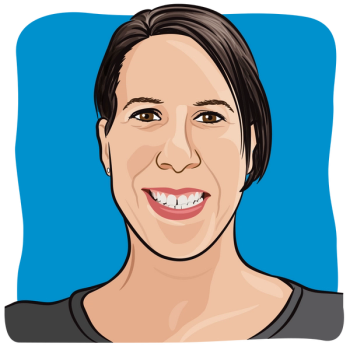
After being diagnosed with a neuroendocrine cancer, I underwent seven phases of resiliency.

“I have found many survivors to be very strong women who seem like they have things under control but it’s always important for family and friends to check in,” television personality, author and breast cancer survivor Giuliana Rancic told CURE.
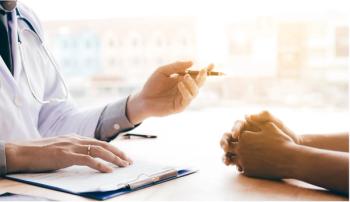
An expert explained how ableism is present in cancer care, including chemotherapy eligibility, and how more awareness is needed in this space.
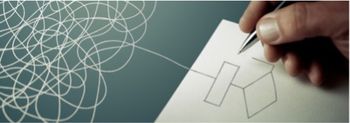
Survivorship care plans provide survivors of cancer with a multitude of benefits, which in turn, may be empowering.

Constantly replaying scary cancer situations or drowning in anxiety isn’t only depressing it wastes valuable energy that could be used for healing.

A majority of women with a history of colorectal cancer experience long-term gastrointestinal symptoms, which may be associated with psychological distress, according to recent research.
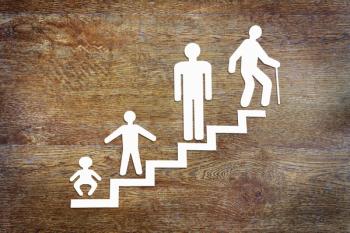
Receiving a diagnosis of breast cancer and radiation treatment were both associated with increased rates of biological aging among patients who participated in a recent study.
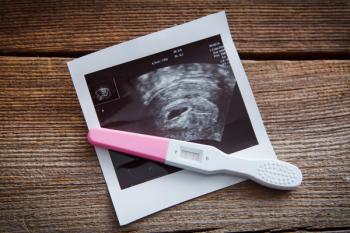
Being treated for Hodgkin lymphoma during childhood can result in fertility declines, a recent study shows.
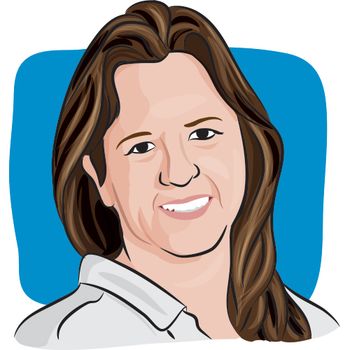
Raising awareness for cancer survivors is important, and I try to do just that.
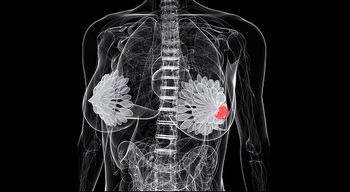
Findings from a study conducted in women with a history of breast cancer demonstrated that treatment with donepezil, which is typically used to treat symptoms of Alzheimer’s disease and dementia, did not improve cognitive impairment, or “chemo brain.”
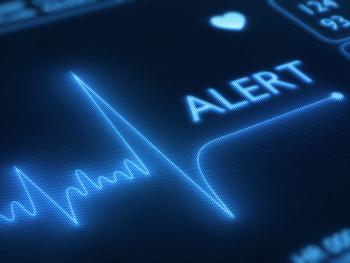
Factors including race, insurance and treatment history have been associated with increased cardiovascular disease, risk factors and mortality among cancer survivors, including those with a history of pediatric cancer, according to recent research.
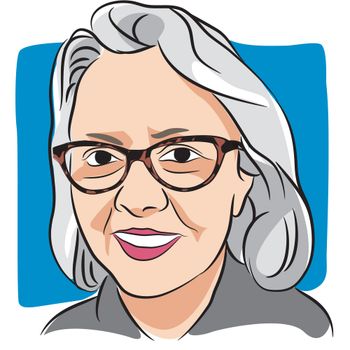
Surviving cancer means not just checking items off a bucket list, but also taking pleasure in doing the mundane, from sweeping a porch to mowing a lawn.
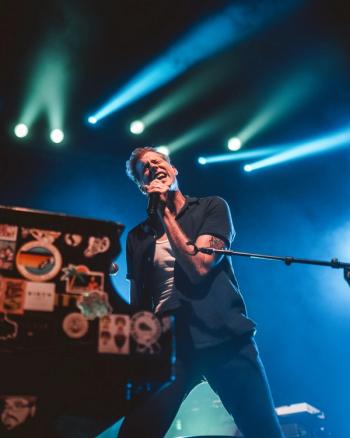
Musician Andrew McMahon has made it his mission to spread the message of community and seeking mental health care like therapy for adolescents and young adults with cancer.
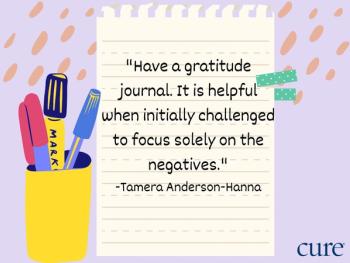
We asked our audience what life hacks they learned to make cancer treatment a bit easier. Here’s what they had to say.
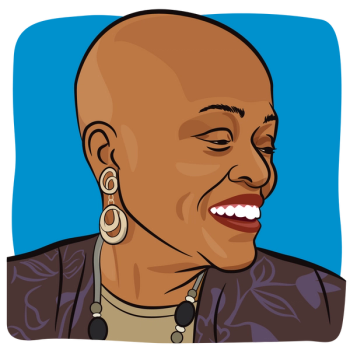
While my taste buds have returned to normal after cancer treatment, my desire to cook and eat has not.
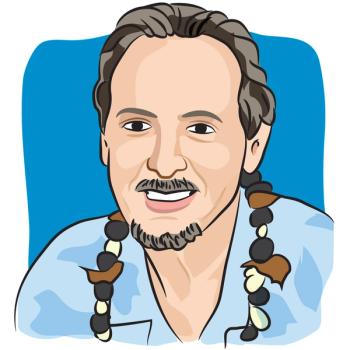
I’ve learned that “survivor’s guilt” can be another symptom of our disease.
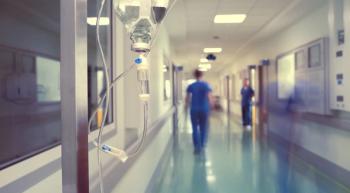
I didn’t expect to be diagnosed with cancer, never mind end up with four diagnoses over the years. Here is what I learned along the way.